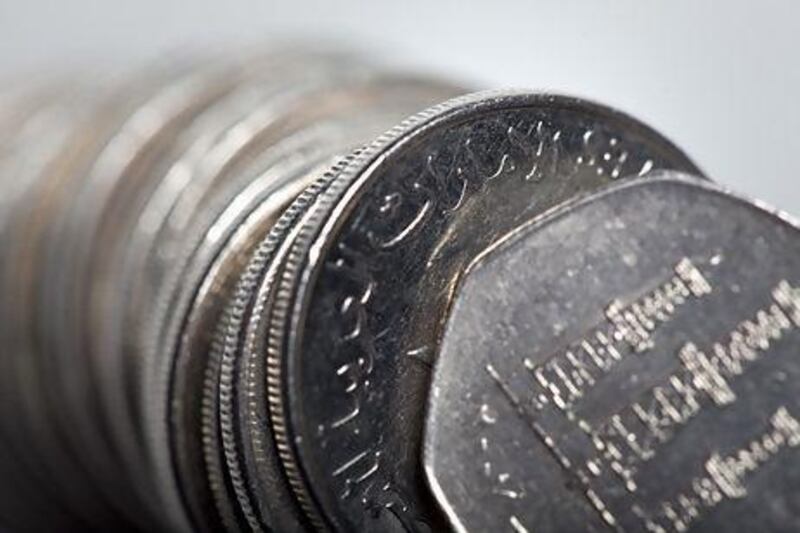The Central Bank is reviewing the number of Emirati borrowers who have defaulted on debts after a presidential decree immunised them from serving jail time for writing a bad security cheque.
The review comes as one local lender points to increased numbers of nationals falling behind on their loan repayments since the decree in October.
"It's an ongoing review," said Sultan Al Suwaidi, the governor of the Central Bank, on the sidelines of a conference in Abu Dhabi.
"We have a special division for consumer protection, and they will start issuing statistics."
A total of 1.4 million cheques failed at the point of use last year, representing payments worth Dh46.8 billion (US$8.22bn), according to data released by the Central Bank.
The data does not distinguish between those cheques that fail because of technical issues, such as tears and rips, and those that bounce because of lack of funds.
Writing a bad cheque is a criminal offence in the Emirates, however Emiratis have received immunity from serving jail time for the offence. More than 1,000 Emirati debt defaulters have been freed from prison during the past five months.
A consensus has emerged among bankers, politicians and economists in recent months that the current laws criminalising bounced security cheques are out-of-date and in need of an overhaul.
Asked whether the Central Bank was in favour of an end to criminal penalties for bounced security cheques for all residents, Mr Al Suwaidi said: "If there's a mechanism to recover debt very quickly that could reduce the need for bounced cheques."
However, the Central Bank did not have the final say on the matter, he added. "It depends on the decision of many stakeholders, not just us," he said.
Lenders have called for fast-tracking the establishment of a federal credit bureau as a means of better enforcing financial discipline than jailing residents who write bounced cheques, which can create a cascade of bad debts if a defaulting customer has taken loans from multiple banks.
The Emirates Banks Association said this month that it was planning to send the Central Bank recommendations on how the Government should approach replacing criminal penalties on bounced cheques.
Banks have reported an improvement in customer finances as the local economy strengthens.
However, lenders say defaults among some Emirati borrowers have started to creep upwards.
Mashreqbank says that it has seen some evidence of a rise in defaults among Emirati customers since the presidential decree.
"Any change in regulation can sometimes have a knock-on effect," Farhad Irani, the head of the Dubai-based lender's retail banking group, said in an interview this month.
"Delinquencies have increased slightly in the unsecured Emirati sector since the decree to decriminalise the bounced cheque was launched," he said. "The industry has seen it."
Personal lending levels rose by 3.8 per cent to Dh261.7bn in the Emirates during the 11 months until November of last year, according to the latest available data from the Central Bank.
During the full year, the amount of money paid via cheques which were returned as invalid fell by 15.3 per cent compared with 2011.





